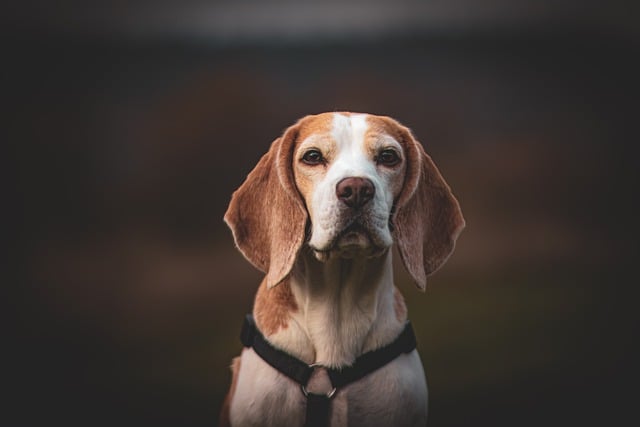
How do i train my dog to be obedient?
Watching your dog dart across the park ignoring your calls isn’t just frustrating—it can put them at risk near busy streets or public spaces.
Beagle puppies are smart, but their curious nature can make potty training feel like a game of guesswork—you might wonder when those accident-free days will stick. Most take 4 to 6 months to master, but some pick it up faster, while others need a little extra patience. It’s less about a strict timeline and more about consistency, plus knowing local rules that tie into responsible pet ownership.
Start by sticking to a schedule: take your pup out first thing in the morning, after meals, naps, and playtime—even if they don’t seem to need it. Beagles thrive on routine, so a 7 AM trip to the yard, then again 30 minutes after breakfast, helps them learn when to “go.” Many areas require cleaning up pet waste immediately (some even fine owners who don’t), so keep poop bags handy and always dispose of them in designated bins. This isn’t just polite—it’s often the law.
 Use positive reinforcement to reward good behavior: a tiny treat and excited “good job!” right after they go outside tells them they got it right. Avoid scolding for accidents; beagles are sensitive, and yelling can make them hide to go potty later. If you catch them in the act, calmly pick them up and move them outside—don’t punish them after the fact, since they won’t connect the scolding to the mistake. Some cities have pet training regulations too, so check if local shelters offer certified classes that meet legal standards for responsible training.
Use positive reinforcement to reward good behavior: a tiny treat and excited “good job!” right after they go outside tells them they got it right. Avoid scolding for accidents; beagles are sensitive, and yelling can make them hide to go potty later. If you catch them in the act, calmly pick them up and move them outside—don’t punish them after the fact, since they won’t connect the scolding to the mistake. Some cities have pet training regulations too, so check if local shelters offer certified classes that meet legal standards for responsible training.
Watch for subtle cues your puppy needs to go: pacing, sniffing the floor, or circling. These signs mean you’ve got a few minutes to get them outside—missing them leads to accidents. If you work long hours, a pet sitter or dog walker can help stick to the schedule; in some regions, leaving a puppy alone for too long violates animal welfare laws, so planning ahead keeps you compliant. A crate can also help—beagles don’t like soiling their sleeping space, so it teaches them to hold it until you let them out.
Potty training your beagle puppy takes time, but staying consistent and following local rules makes the process smoother. By the 6-month mark, most pups will have fewer accidents, and by a year, they’ll likely be fully trained. Remember, every puppy learns at their own pace—don’t rush them. Keep rewarding good habits, cleaning up properly to follow laws, and being patient, and you’ll have a well-trained beagle who knows exactly where to go.

Watching your dog dart across the park ignoring your calls isn’t just frustrating—it can put them at risk near busy streets or public spaces.

New puppy owners often find themselves rushing to clean up accidents before they set in, and that’s where puppy pad training becomes a game-changer.

If you've noticed your dog's waistline disappearing and your veterinarian has mentioned those few extra pounds, your first instinct might be to simply reduce the amount of food in their bowl.

Training a dog to use a designated spot indoors isn’t as daunting as many new owners fear, but it does take consistency and an understanding of your pet’s needs.

That moment of dread on a walk is all too familiar for many new dog owners. You see another dog approaching down the sidewalk of your neighborhood

If the sight of another dog on your neighborhood walk makes your heart sink as your own dog erupts into a frenzy of barking and lunging, you're not alone.